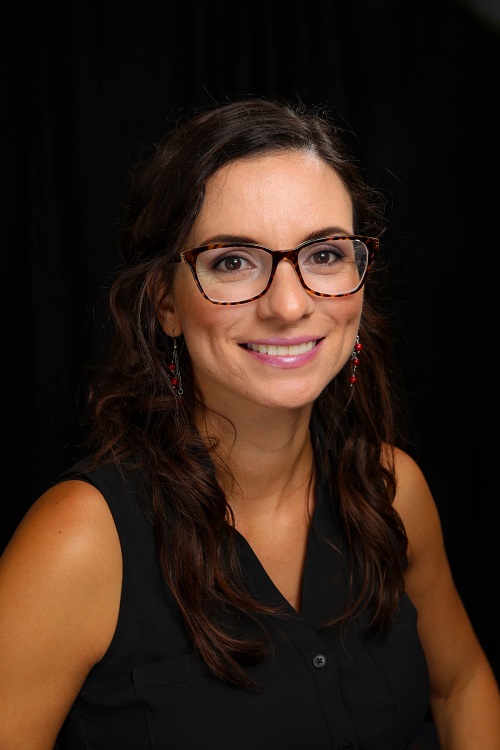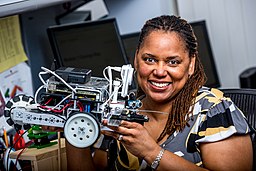
10:10 am
Microsoft Teams
Abstract
For years, the engineering profession has addressed the issues related to diversity, equity, and inclusion in reports, special programs, conferences, webinars, and in many other ways. The major driving forces can be attributed to recent changes in the engineering professional practice ethical codes. For example, the National Society of Professional Engineers stated that it is a fundamental professional obligation of honesty and integrity that “Engineers shall treat all persons with dignity, respect, fairness and without discrimination.” What does this mean, and why should new young engineers care? In this presentation, participants will learn the concept of unconscious bias, examine resources on identifying their own biases, raise awareness of how unconscious biases work, and how they can influence interactions in the workplace.
Bio
Dr. Rivera-Jiménez is currently a Lecturer at the Department of Engineering Education and the Department of Chemical Engineering at the Herbert Wertheim College of Engineering, University of Florida. Her research focuses on evidence-based practices to foster collaborative and inclusive environments in engineering teams. Nationally, she serves as a creator and facilitator of professional development workshops for industry and academia.

